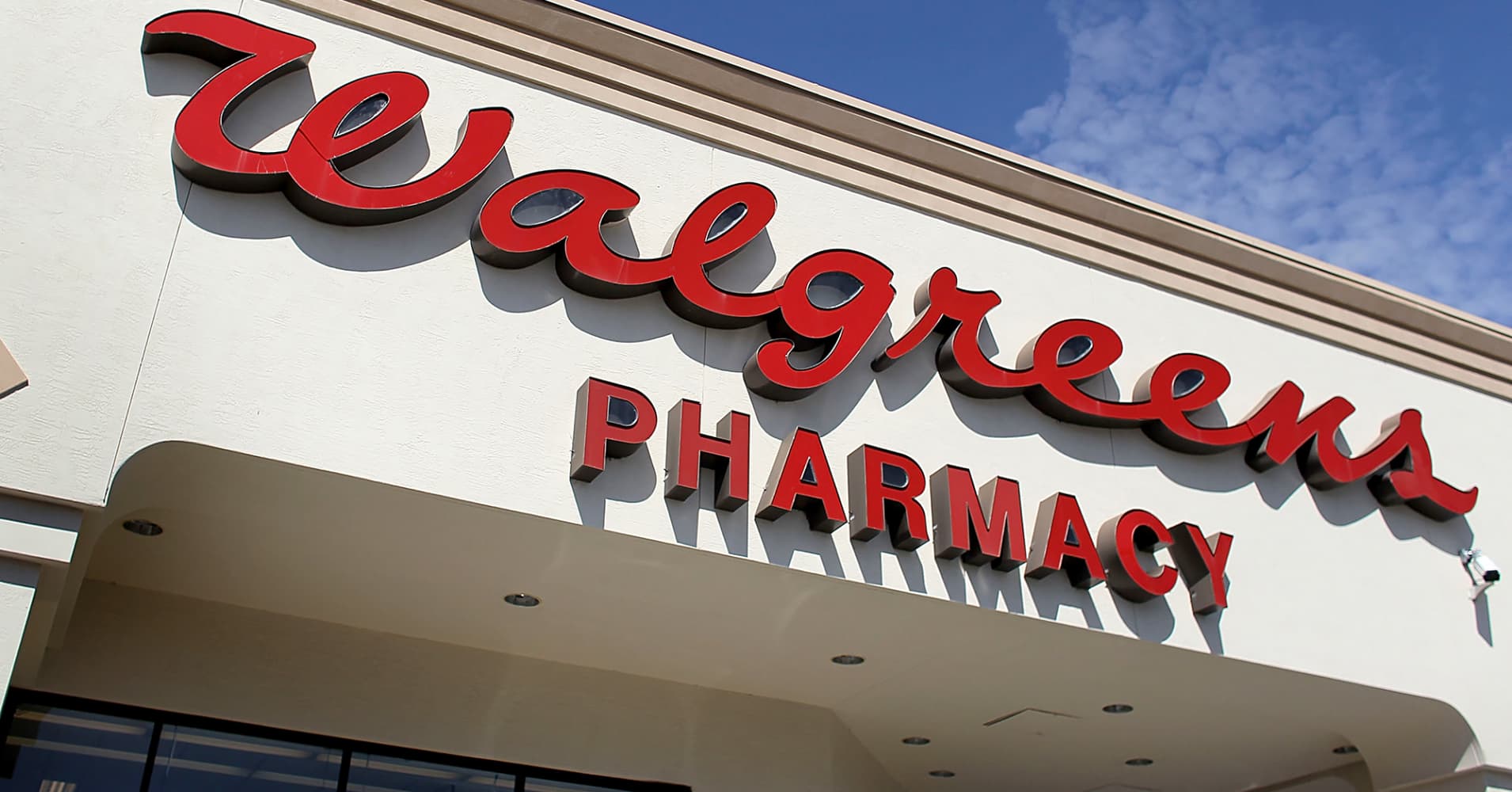
Florida attorney general Pam Biondi thinks Walgreens and CVS Health bear some of the blame for her state's opioid crisis.
She is suing the nation's largest drug store chains, including them as defendants in the state's lawsuit against ten drug makers and three wholesale drug distributors.
"Walgreens and CVS joined the race to sell as many opioids as possible, including by failing to institute safeguards and by marketing opioids to their vast networks of retail pharmacy stores and in-store pharmacists," according to the complaint filed late Friday in Florida state court, adding that the drug store giants "should have known that the quantity of opioids being distributed in Florida far exceeds the medical need of Florida residents."
The Florida lawsuit accuses the drug stores and pharmaceutical distributors like Cardinal Health, Amerisource Bergen and McKesson of playing as big a role in the proliferation of opioid addiction as drug manufacturers like OxyContin maker Purdue Pharmaceuticals and Johnson & Johnson's Janssen Pharmaceuticals unit which produces fentanyl, a synthetic opioid 50 times stronger than heroin.
"What's interesting about bringing CVS and Walgreens in, is that some say they're so far down the chain of responsibility when it comes to the opioid crisis," explained professor Abbe Gluck, faculty director of the Solomon Center for Health Law and Policy at Yale Law School.
CVS Health called its addition to the Florida lawsuit "without merit," adding that the company is committed to "the highest standards of ethics and business practices, including complying with all federal and state laws governing the dispensing of controlled substance prescriptions," it said in a statement to CNBC.
Walgreens declined to comment on the pending litigation.
Both pharmacy chains have already been sued as part of the massive multi-district litigation in federal court, which has brought together hundreds of state and local lawsuits before federal judge Dan Aaron Polster in Ohio. While the judge has pushed for a global settlement to resolve all of the cases, he has also allowed a parallel track of so-called bellwether cases to proceed toward trial.
So far, the court has not ruled out any of the defendants in a key Ohio bellwether case. Last month a magistrate judge rejected motions from the drug distributors and pharmacies to dismiss the charges against them, allowing the lawsuit to move forward. A bellwether trial is a sort of test case that is used to shape the process for other similar cases.
While the landmark tobacco litigation of the 1990s only targeted the cigarette makers, legal analysts say Florida and other plaintiffs in the case are targeting the distributors and pharmacies, in part, because they have deep pockets.
Florida's complaint specifically notes that all together, "the distributor defendants generated revenue of more than $750 billion in 2017."
"If you look at CVS' annual revenues and Walgreens annual revenues — they're over $100 billion a year. If you look at Purdue's annual revenue, that's the main manufacturer, they're only the 30s," said Gluck. "So [the attorneys general] are also thinking about who can afford to pay these settlements. You want to bring in the big guns."
It took the better part of a decade to reach the $200 billion master settlement agreement in the 1990s tobacco lawsuits. Judge Polster is pushing to reach a global settlement in the opioid cases much sooner than that, within several months rather than years.
—By Bertha Coombs. Follow her on Twitter: @coombscnbc
via IFTTT
No comments:
Post a Comment